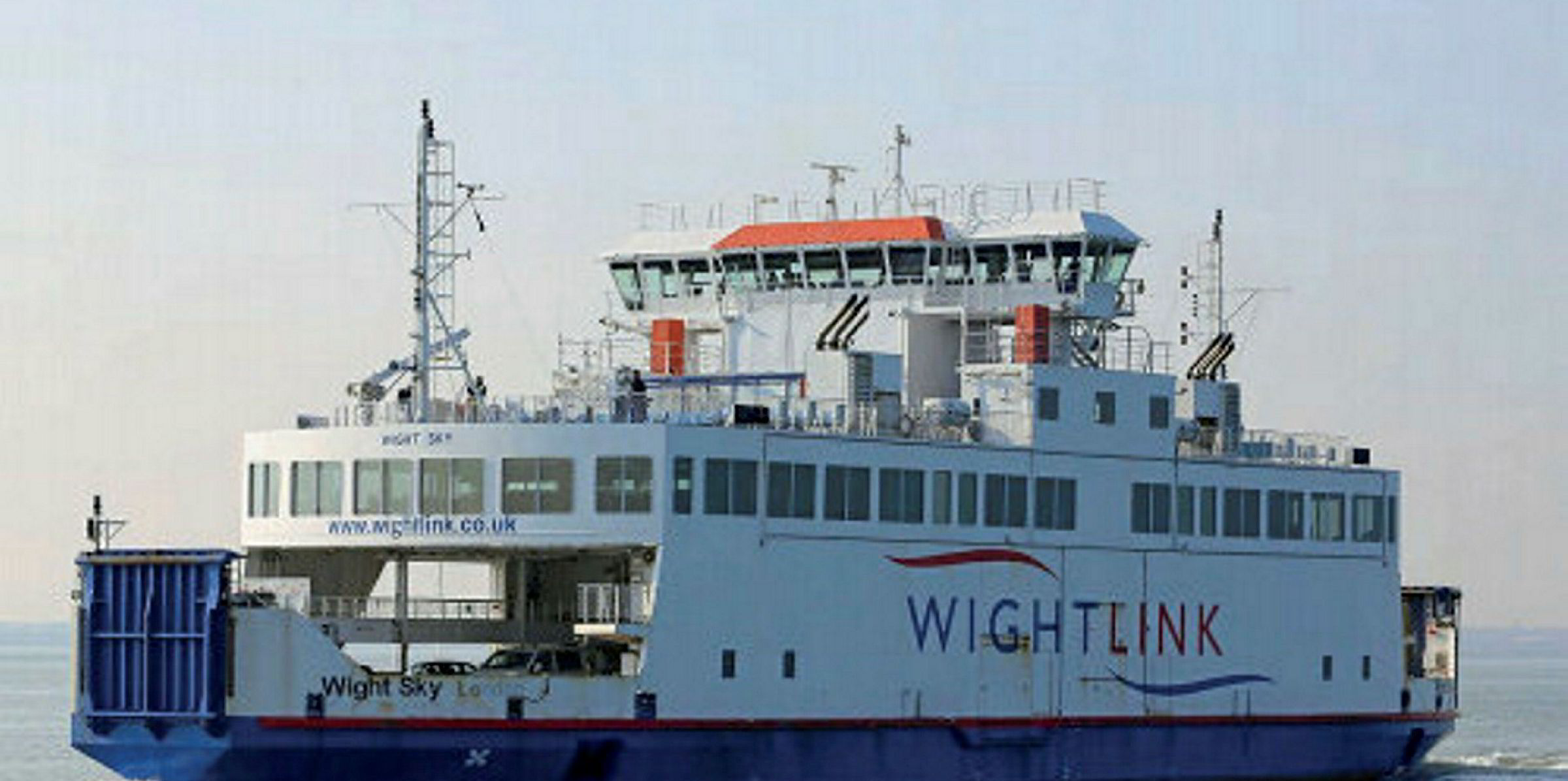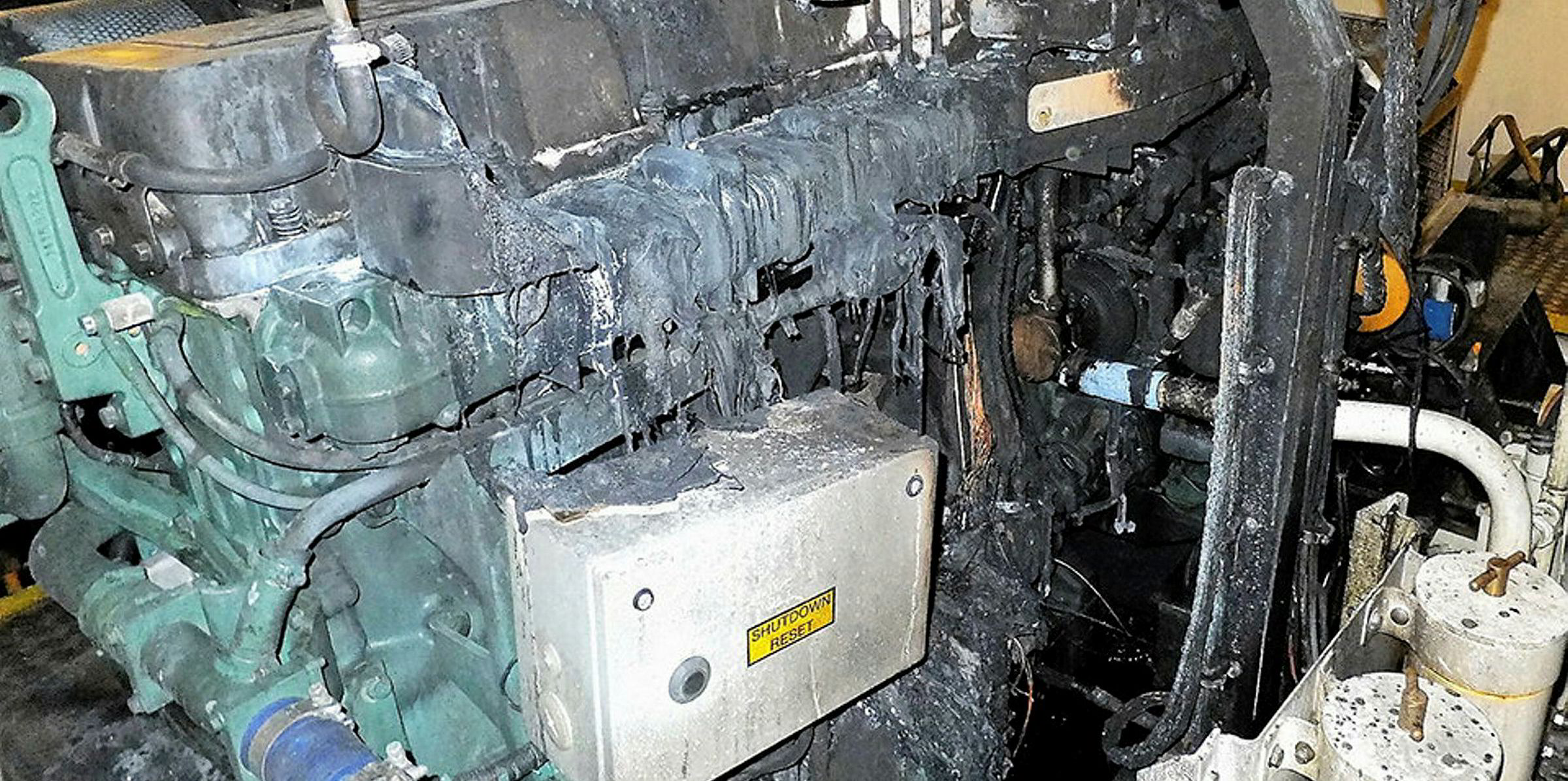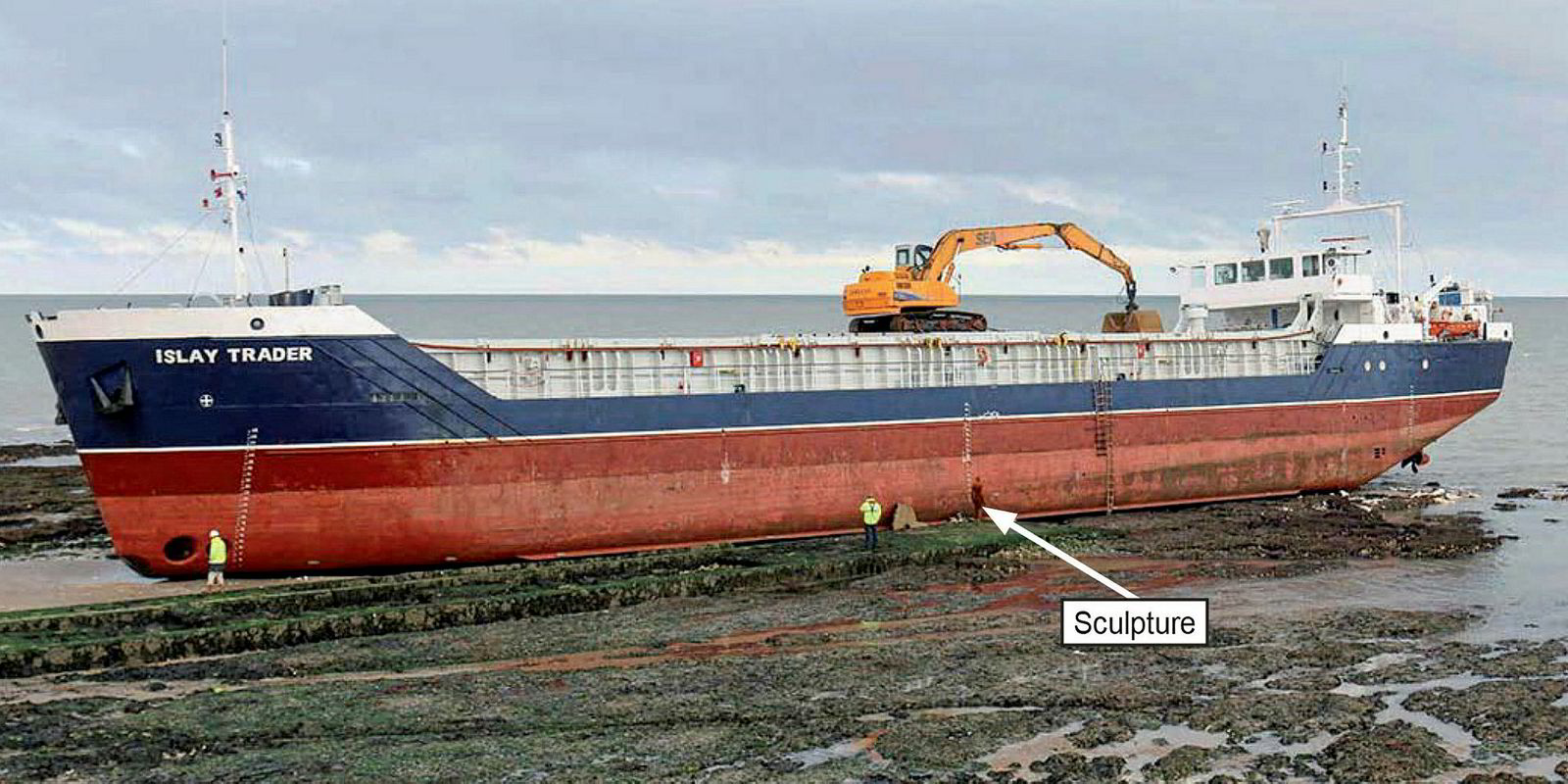A rebuilt ferry engine caused a catastrophic fire on a UK ferry only five and a half hours after it had been reactivated, an accident report has revealed.
Wightlink's 2,500-gt Wight Sky (built 2008) was approaching Yarmouth on the Isle of Wight on 12 September last year when one of its main propulsion engines broke down, the UK Marine Accident Investigation Branch (MAIB) said.
The blaze was brought under control in less than two minutes, but the vessel’s engineer, who had been standing near the engine, suffered serious burn injuries to his hands and face.
Although he was discharged from hospital a week later, he was subsequently diagnosed with post-traumatic stress disorder.
An examination conducted by the engine maker, Volvo Penta, concluded that the most probable trigger for the failure was debris in the engine’s oil channels following rebuild.
MAIB found that the vessel’s soft patches had not been removed, necessitating the engine to be lowered piecemeal into the engine room.
Debris could have entered the engine’s oil channels during the three days that the partially assembled engine had been exposed to the elements.

Analysis of oil samples from the engine indicated that accelerated wear had commenced before the failure.
The power supply to the essential services switchboard, which distributed power to critical equipment including the fixed fire-extinguishing system, was lost 27 minutes after the accident.
Engineer tried to reach shutdown button
MAIB said the engineer went down to the forward engine room from the machinery monitoring room, to note the machinery running parameters for the logbook.
He saw that the high temperature-cooling water header tank required topping up and, while he was filling the tank with coolant, he heard an unusually loud sound from the engine.
As the engineer rushed towards the emergency shutdown button, there was a loud explosion from its crankcase.
The engineer, who was wearing a full-sleeved cotton boiler suit, was momentarily engulfed in a ball of fire and experienced intense pain.
He has not yet returned to work.
MAIB said: "The consequences of this accident could have been far worse; the engineer was fortunate that his injuries were not life threatening, and the quick actions of the bridge team ensured the safety of the vessel, passengers and crew.
"Rebuilding the engine in a clean and controlled environment and transferring it complete into the engine room would have reduced the likelihood of debris ingress."
Volvo Penta has written to all its dealerships in the UK and Ireland to provide guidance on good practice for repair and rebuild.





